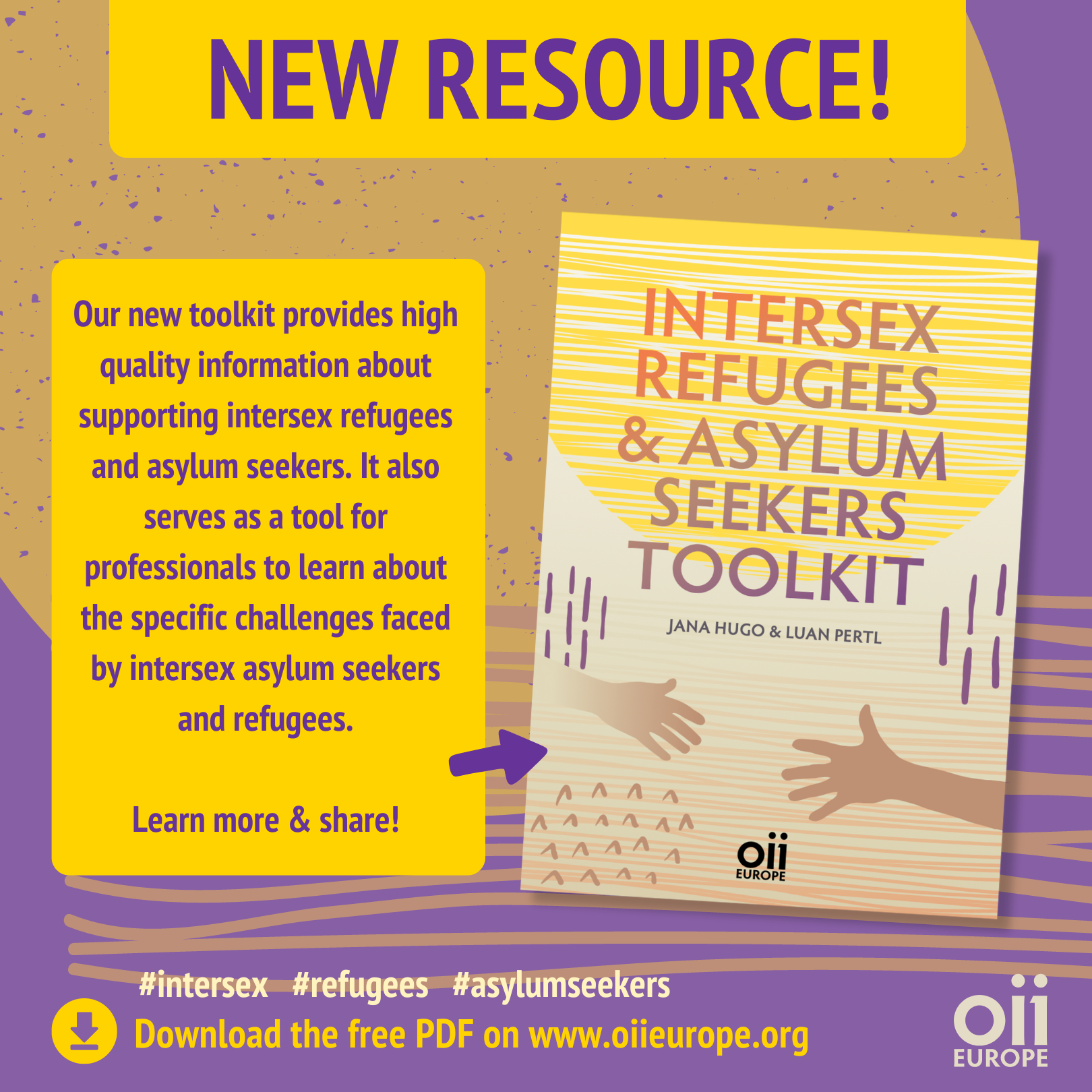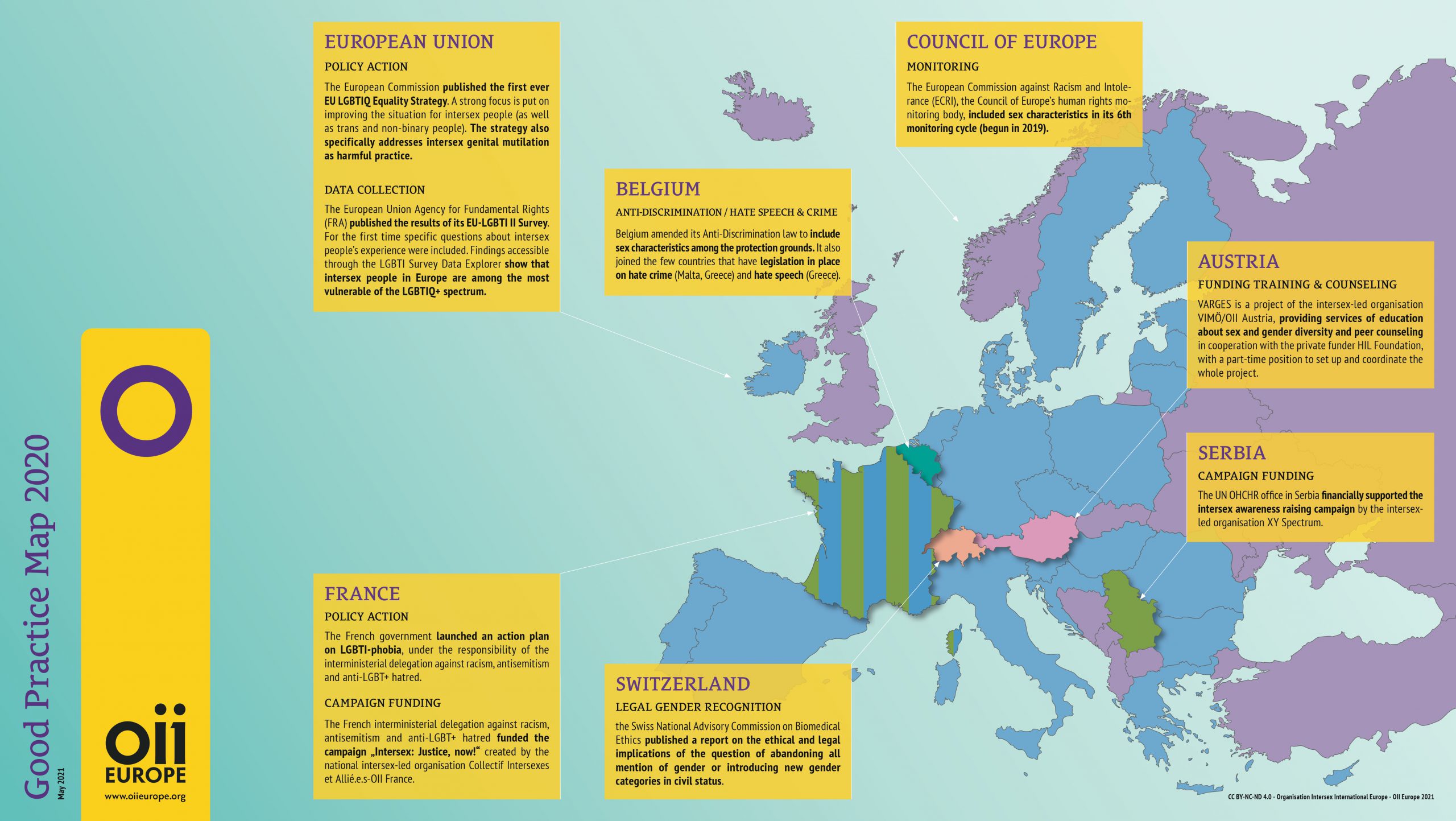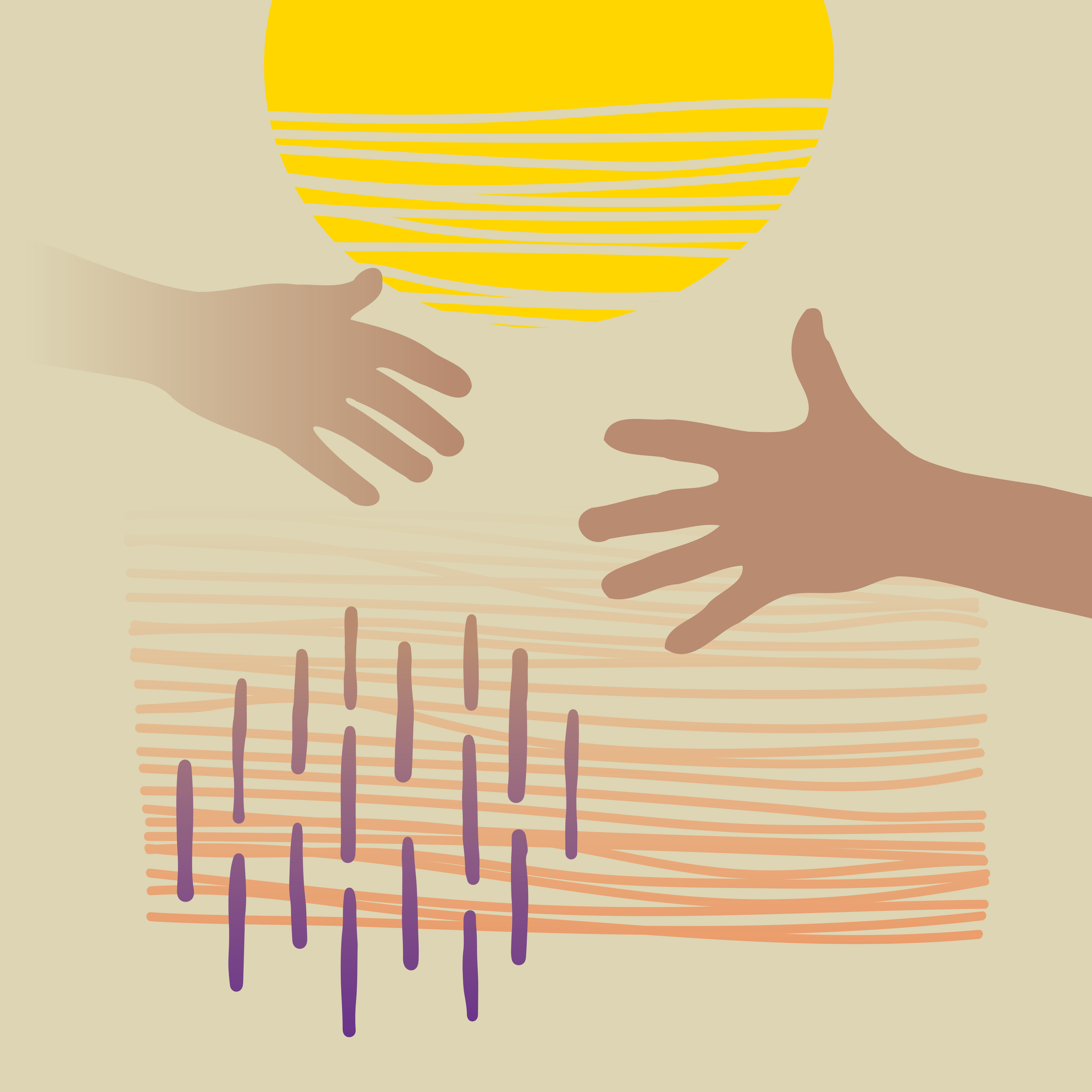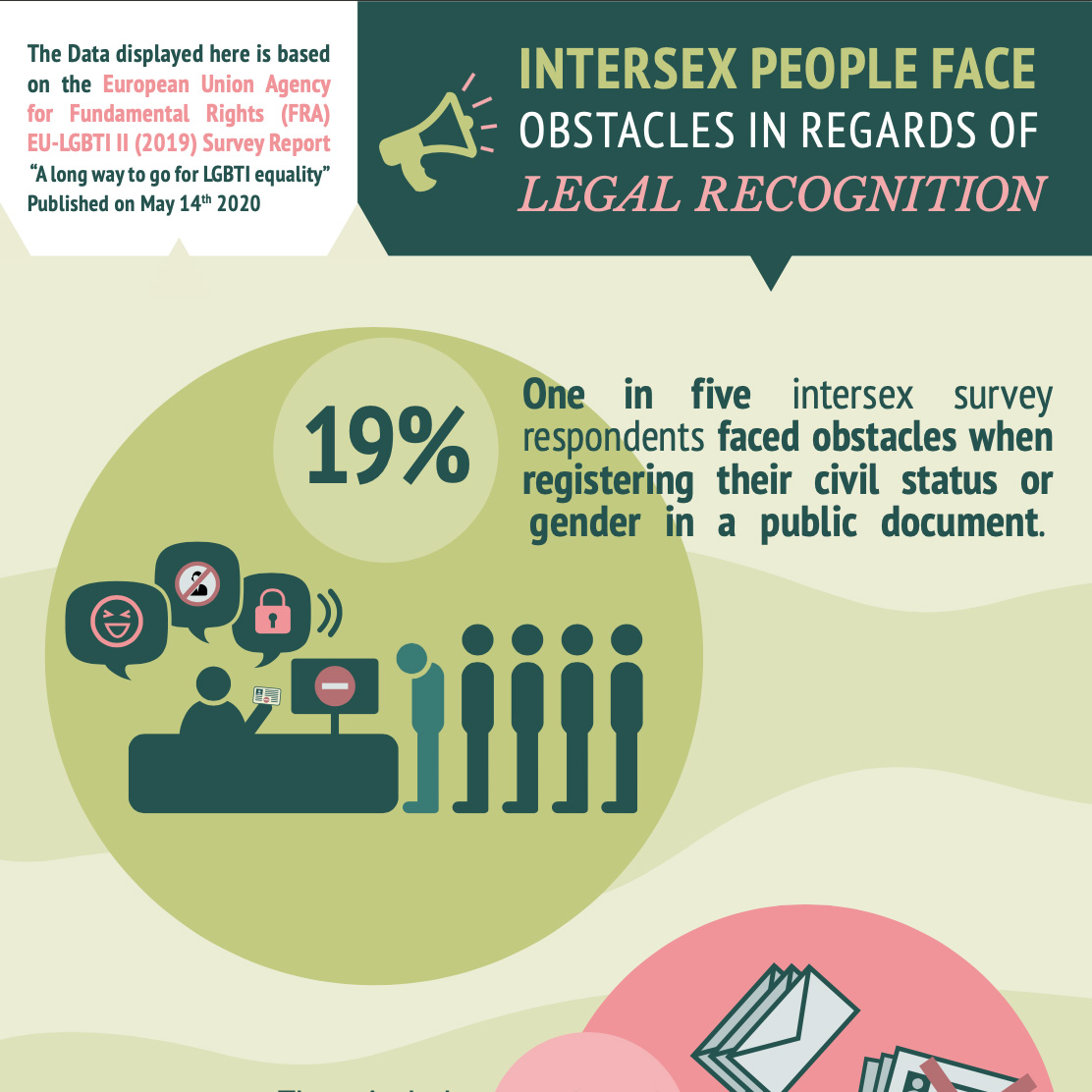gender marker
-

New resource: OII Europe Refugees & Asylum Seekers toolkit
We are happy to present the OII Europe Refugees & Asylum Seekers toolkit! Our new toolkit provides high quality information about supporting intersex refugees and asylum seekers. It also serves as a tool for professionals to learn about the specific challenges faced by intersex asylum seekers and refugees. Recording of the Online Launch Event of
-

Press Release Y v. France ECHR decision
Press Release 22. February 2023 On 31 January 2023, the European Court of Human Rights released its judgement in the case of Y v. France. The case concerned the French authorities’ refusal to allow for the “male” gender marker of the applicant, an intersex person, to be replaced by “neutral” or “intersex” on the person’s
-

Comment on Y v. France ECHR decision
The European Court of Human Rights did not find a violation of Art. 8 ECHR in a case about access to neutral gender marker On 31 January 2023, the European Court of Human Rights released its judgement in the case of Y v. France (application no. 76888/17). The case concerned the French authorities’ refusal to
-

Good Practice Map 2020
Today, 17th of May 2021, OII Europe is proud to present the Intersex Good Practice Map 2020. The map features nine examples of good practices from the areas of policy action, data collection, monitoring, legal gender recognition, campaigning, anti-discrimination, legislation against hate speech/crime and funding training & counseling.
-

Intersex Refugees & Asylum Seekers
For many intersex refugees other or additional reasons for persecution and discrimination can be their gender expression and sex characteristics (SOGIESC). On their arrival in Europe they are entering into a country where intersex is still stigmatized and a taboo, where there is still too little awareness of what it means to be intersex, and…
-

Intersex People face obstacles in regards of legal recognition
Everyone has the right to respect for their private life. This is what we read in the EU Charter of Fundamental Rights (Article 7) and in the European Convention on Human Rights (Article 8). Gender identity is a crucial aspect in the development of everyones self-image, and intersex people, like anyone else, have the right
-

Austria tops Germany’s bad practice example – no self-determination for the Austrian 3rd gender marker
On the 20th of December, shortly before the holiday, the Austrian Federal Ministry of the Interior issued a decree on the official implementation of the third gender entry. Like in Germany a medical certificate is required to declare that the person is intersex. However, the ruling of the Austrian Constitutional Court of 15 June 2018,
-

Really Germany?
Germany misses the chance for basing its 3rd gender marker law on human rights. On December 13th Germany adopted the so-called 3rd gender marker law which establishes “diverse” (German: “divers”) as a third gender marker next to male and female. However, this option is restricted to intersex people and requires a medical certificate. On the
-

Joint Statement: Civil Society welcomes German Constitutional Court demand for a new regulation of sex registration as ground-breaking
Joint Statement: Civil Society welcomes German Constitutional Court demand for a new regulation of sex registration as ground-breaking you can download the statement here: Joined Statement of OII Europe, OII Germany, TGEU and BVT Image Source: © Bundesverfassungsgericht │ lorenz.fotodesign, Karlsruhe
Categories: Press Releases

